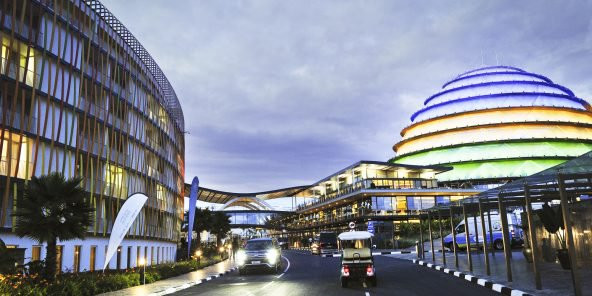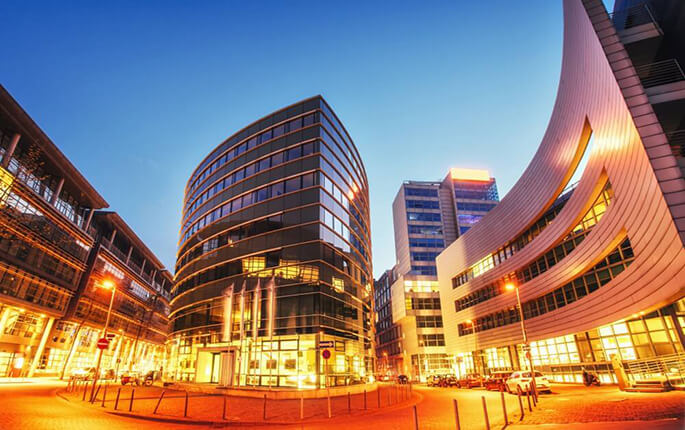
Gentil 0 Comments 2009 Views
In Rwanda, an Investment Market at Home
Rwanda has one of the world’s fastest-growing economies, driven by economic and structural reforms and strong international support. Growth averaged 7.5 percent annually in the decade to 2018.
By David Lawrence
Rwanda has one of the world’s fastest-growing economies, driven by economic and structural reforms and strong international support. Growth averaged 7.5 percent annually in the decade to 2018. The government has even higher goals through its National Strategy for Transformation and Vision 2050 strategy: to reach middle-income status in 15 years. That will require an economic shift toward high-value, competitive sectors, particularly those that could generate exports. It also will depend on better regional economic integration through the East African Community (EAC) and access to ports through Kenya and Tanzania.
But Rwanda—with private sector participation—can drive one area of growth: housing, which does not depend on export markets. Demand for secure, affordable housing is surging because of fast urban population growth—estimated at 5.75 percent annually, more than twice the rate of overall population growth in the country. By comparison, World Bank data shows that urban population growth globally in 2018 was 1.93 percent, nearly twice the rate of overall global population growth of 1.1 percent.
In Kigali alone, demand for new houses over the next three years is projected at nearly 350,000, with the current pace of only 1,000 housing units built per year illustrating a widening gap. Secondary cities—Huye, Muhanga, Musanze, Nyagatare, Rubavu, and Rusizi—also face significant housing deficits. And new homes are affordable for only the top 20 percent of the population.
For most people in the affordable housing segment—which the government defines as those with monthly incomes below $232—formal housing is out of reach. “There is a huge gap in the housing sector that is underserved,” said Dan Kasirye, IFC’s Resident Representative based in Kigali. “It is definitely a sector with huge potential.”
The World Bank Group’s Rwanda Country Private Sector Diagnostic (CPSD), published earlier this year, identified affordable housing as a sector with significant potential for economic growth, job creation, and development impact in the next three to five years. Attracting private sector participation will require a multi-faceted approach that is a top priority for the reform-minded government. Analysts believe that private sector firms such as construction companies, developers, building materials producers, and firms offering professional services (for example, architects) could take advantage of new opportunities in the affordable housing sector.
Charles Haba, managing director of Century Real Estate in Kigali, is cautiously optimistic. “The housing market in Rwanda is largely untapped, and one has to be cautious about how to approach it,” he said. “There is huge potential in the middle to high-end of the market. To make money in the lower end, you need to have scale. But overall, I would say aspirations for the housing market are ascending.”
Still Needed: Urban Infrastructure
you can read more through ..... https://www.ifc.org/wps/wcm/connect/news_ext_content/ifc_external_corporate_site/news+and+events/news/insights/rwanda-investment-market





0 Comments
Submit a Comment